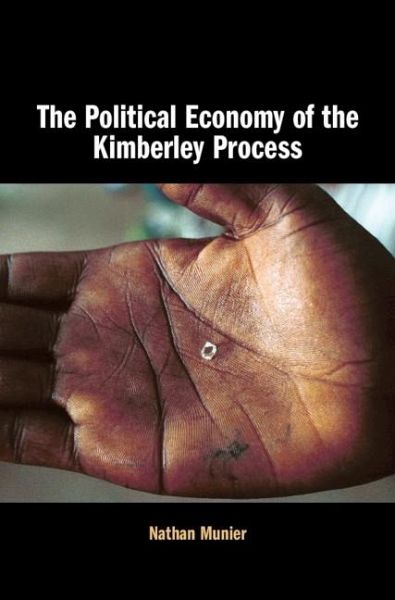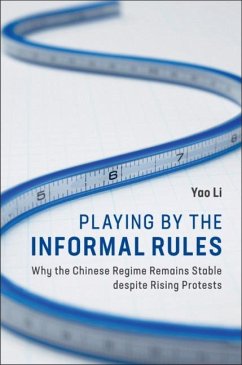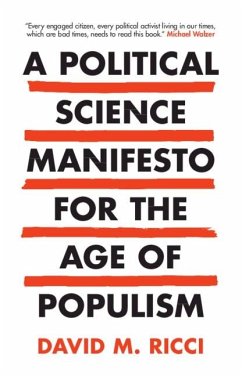
Political Economy of the Kimberley Process (eBook, ePUB)
Versandkostenfrei!
Sofort per Download lieferbar
55,95 €
inkl. MwSt.
Weitere Ausgaben:

PAYBACK Punkte
28 °P sammeln!
In the late 1990s, the issue of diamonds contributing to conflict began to receive global attention. In response, the Kimberley Process, an international agreement drawn up in 2003, was implemented to reduce the trade of conflict diamonds and provide a way to certify the global diamond trade. This study looks at the political economy of resource-wealthy states in Africa to understand responses to the Kimberley Process, asking why some African states have higher levels of compliance and co-operation than others. Using cross-country comparisons to explain differing state policies and outcomes, N...
In the late 1990s, the issue of diamonds contributing to conflict began to receive global attention. In response, the Kimberley Process, an international agreement drawn up in 2003, was implemented to reduce the trade of conflict diamonds and provide a way to certify the global diamond trade. This study looks at the political economy of resource-wealthy states in Africa to understand responses to the Kimberley Process, asking why some African states have higher levels of compliance and co-operation than others. Using cross-country comparisons to explain differing state policies and outcomes, Nathan Munier explores whether domestic, private economic actors matter in how international agreements operate. In doing so, he asks why states that regularly ignore international agreements will use scarce resources to raise their level of compliance with the Kimberley Process. Focusing on the domestic political economy of states, in contrast to past theories of state responses to international agreements, Munier finds that economic dependence and the preferences of private actors are essential in understanding the variation of state responses to international agreements.
Dieser Download kann aus rechtlichen Gründen nur mit Rechnungsadresse in A, B, BG, CY, CZ, D, DK, EW, E, FIN, F, GR, HR, H, IRL, I, LT, L, LR, M, NL, PL, P, R, S, SLO, SK ausgeliefert werden.













